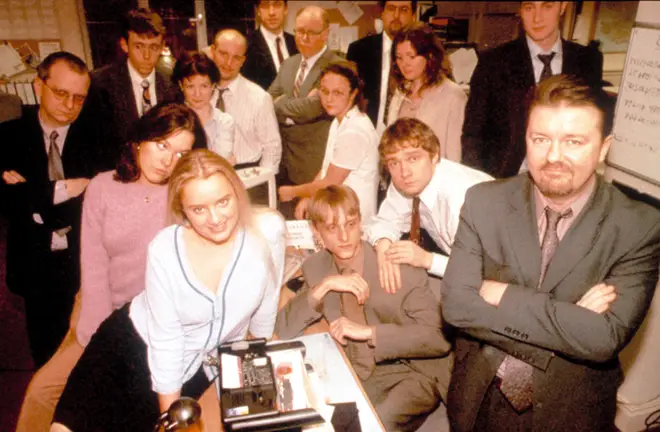Many years ago, when working in a team, my line manager reminded us that we were all like a little family. The family metaphor at first felt remarkably comforting until I saw him attack my peer in an all-hands meeting. I recall being stunned and thinking. Really? Are we a family?
We like to say that you are “more than colleagues”. But the truth is your company is not your family. But, increasingly widespread, this operating model based on emotional commitment could be precarious to employee well-being.
Indeed, when organisations describe their company as “like a family”, they generally mean well. This is because leaders are looking for a model that represents the ideal relationship they want to establish with their employees—a long-term relationship with a shared sense of belonging. But using the term family doesn’t conform to reality and even gives a mistaken idea of what an organisation is. Yes, it sounds like a fabulous idea to work in a family environment but beware of this hypocritical comparison, which is not necessarily to the advantage of employees.
Reed Hastings, the CEO of Netflix, is notably direct: “We’re a team, not a family”.
For some years, organisations have been infiltrating a ‘family atmosphere.’ However, depicting an organisation or team as “like a family” can be potentially problematic and even dangerous for several reasons:
- Unrealistic expectations: Professional relationships are primarily based on achieving shared goals and may not necessarily involve the same emotional attachment or support as a familial relationship. This can lead to disappointment, conflicts, and strained relationships when individuals have unrealistic expectations.
- Professional boundaries: A family implies a high level of intimacy and familiarity that may not be suitable or appropriate in a professional context. Boundaries are essential for maintaining professionalism and respect and ensuring equal treatment of all team members.
- Exclusionary dynamics: Referring to a team or organisation as a family can inadvertently create feelings of exclusion for individuals who do not fit into the perceived family structure. It may reinforce cliques or favouritism within the team, leading to a lack of inclusivity and unequal treatment.
- Impaired decision-making: Viewing an organisation or team as a family can cloud judgment and hinder effective decision-making. Emotional attachments and biases associated with family dynamics can influence decision-making processes, leading to subjective choices rather than objective assessments.
- Dysfunctional Dynamics: While families can be supportive and nurturing, they can also have dysfunctional dynamics, conflicts, and unresolved issues. Applying the family metaphor in a team or organisational context can inadvertently import or perpetuate such dysfunction.
A healthier lens is to create a community within organisations that fosters employee engagement, collaboration, and overall satisfaction. Where organisations and leaders provide these opportunities for personal and professional growth, it strengthens their commitment and loyalty, contributing to a sense of community. In addition, organisations and leaders should also build strong professional relationships and encourage respect and belonging among team members. Recognise that creating a community feeling takes time and continued effort. Nevertheless, they invariably apply these strategies, seek employee feedback, and adapt to their needs and preferences.
Leaders would be better off calling their company a community where people feel a sense of belonging and care about one another. Adam Grant
While “community” may sometimes seem like a buzzword, its underlying principles and benefits can contribute to a positive organisational culture, employee satisfaction, and overall success. That’s pure gold when organisations back up their claims with meaningful actions and initiatives that foster a sense of community and deliver value to their stakeholders. Promoting a positive and supportive work environment is essential, and we must be mindful as using the family analogy can have unintended consequences…..


